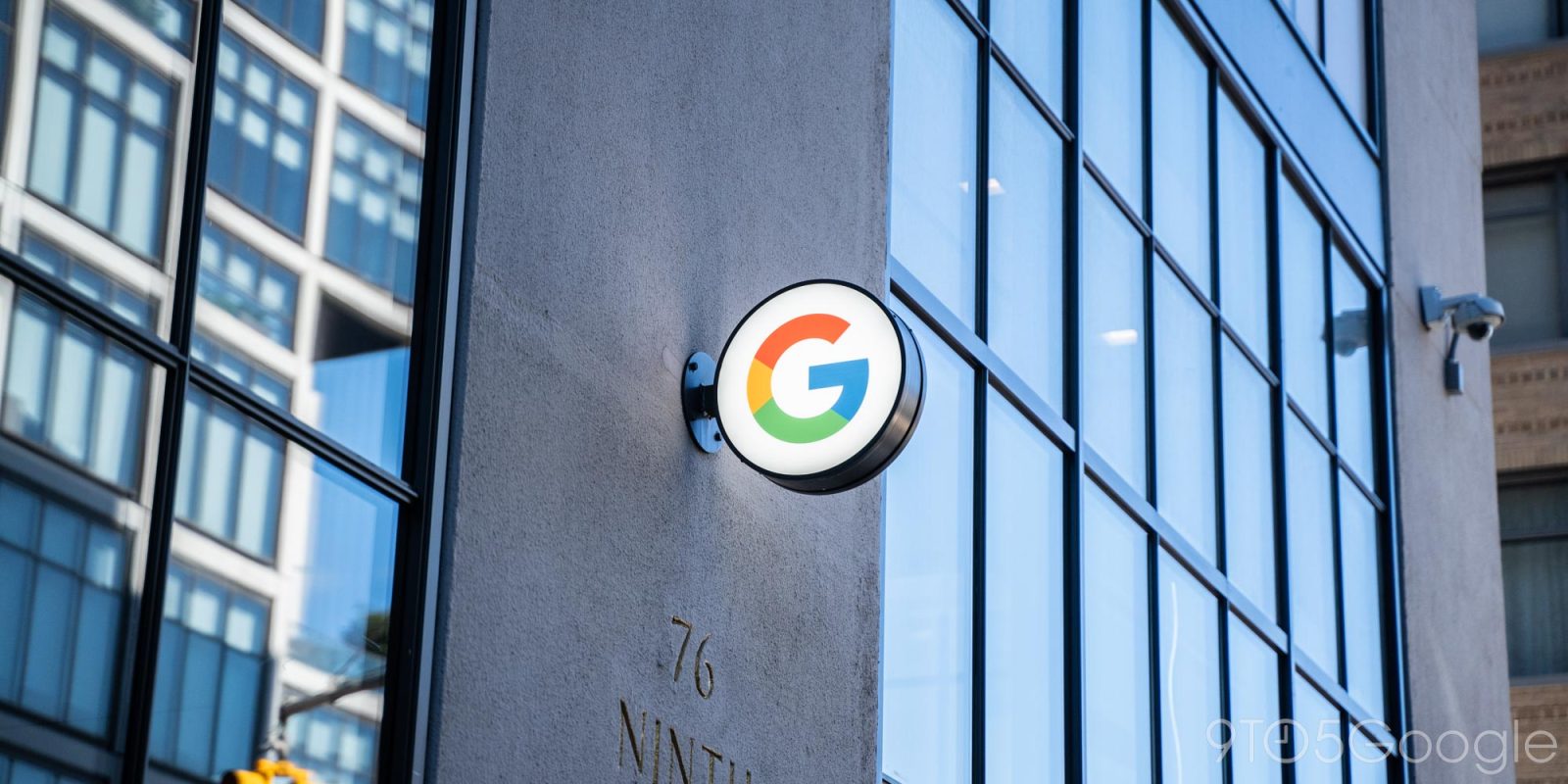
The ongoing antitrust trial with Google is revealing plenty of secrets, including how much the company pays to remain the default search engine on Apple products. Another interesting tidbit that’s also come out that is Google has been using its revenue sharing program to push Android partners to actually get push updates.
As noted by The Verge, Sundar Pichai’s testimony this week largely tried to angle Google’s strong tactics in pushing to be the default search engine as a business tactic more than anything else, and a big part of it comes down to sharing search revenue with companies. However, Pichai also argued that the revenue share doesn’t just boil down to remaining the default search provider.
During the questioning, Sundar Pichai revealed a deal with Android OEMs such as Samsung, Motorola, and others which is designed to effectively strongarm those partners into better maintaining their smartphones and other Android devices over time.
When pushed for more details, Pichai confirmed that some of the revenue share that these brands can get from Google are dependent on devices getting security updates. He added that “more effort goes into developing the next version, and updates are costly… so sometimes they make tradeoffs,” presumably referring to the tendency of some brands to less frequently push security updates to products. Google still requires Android devices to ship with Google as the default search provider and in prominent placement in order to access crucial components such as the Play Store and Play Services, but this added detail of using revenue share to push more updates was previously not known.
The trial then shifted focus back to Apple, which seems to be the primary target for information, but it’s really interesting to see that Google is using this tactic to ensure Android devices are getting security updates.
More on Android:
- Here’s every smartphone set to use the Snapdragon 8 Gen 3 so far
- Review: Backbone One PlayStation Edition is the essential controller for PS5 owners
- Google will release Android RISC-V emulators to test apps in 2024
FTC: We use income earning auto affiliate links. More.



Comments